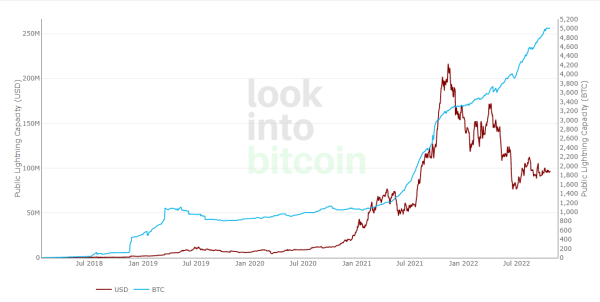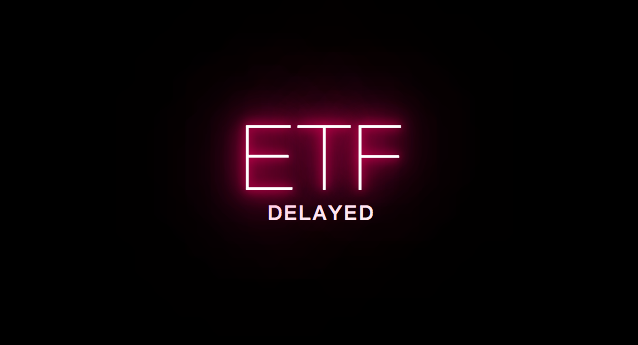
Terror groups may turn to NFTs to raise funds and spread messages: WSJ

The first known case of a nonfungible token (NFT) created and shared by a “terrorist sympathizer” has come to light, raising concerns that the immutable nature of blockchain tech could help the spread of terrorist messages and propaganda.
In a Sunday article in The Wall Street Journal (WSJ), intelligence experts said the NFT could be a sign that Islamic State and other terror groups may also be using blockchain technology to evade sanctions and raise funds for their terrorist campaigns.
The NFT in question was reportedly discovered by Raphael Gluck, co-founder of the United States-based research firm Jihadoscope, who found the NFT through pro-ISIS social-media accounts.
Named IS-NEWS #01, the digital token is said to be an image bearing the Islamic State’s emblem with text praising Afghanistan-based Islamic militants for attacking a Taliban position.
Mario Cosby, a former federal intelligence analyst specializing in blockchain currencies, said the user created another two other NFTs on Aug. 26: one showing an Islamic State fighter teaching students to make explosives and the other condemning smoking cigarettes.

The analysts said this could be a sign that terrorist groups may be using the emerging technology to spread their message and test new funding strategies.
“It’s very much an experiment […] to find ways to make content indestructible,” said Gluck.
The digital token was reportedly listed on NFT marketplace OpenSea, but the company quickly took the listing down and closed the posters account, citing a “zero-tolerance policy on inciting hate and violence.”
The trio of NFTs was also reportedly present on NFT marketplace Rarible and several others before being taken down.
While none of the NFTs appear to have been traded, Cosby says the existence of the tokens is a cause for concern because “it’s as censorship-proof as you can get,” adding:
“There’s not really anything anyone can do to actually take this NFT down.”
Security experts have previously expressed their concerns about the future potential for terrorists to exploit emerging technologies and markets, including NFTs, to fund attacks.
In February, the U.S. Treasury Department released a study highlighting the growth of the market for NFTs as an area of potential concern.
In March, Israeli authorities seized a set of 30 crypto wallets from 12 exchange accounts linked to Hamas, a militant group based in the Gaza Strip.
Last April, Matthew Levitt, director of the Jeanette and Eli Reinhard Program on Counterterrorism and Intelligence at The Washington Institute for Near East Policy, told Cointelegraph that while crypto has been linked to several terror financing cases, “it has not yet become a primary means of terror financing.”



